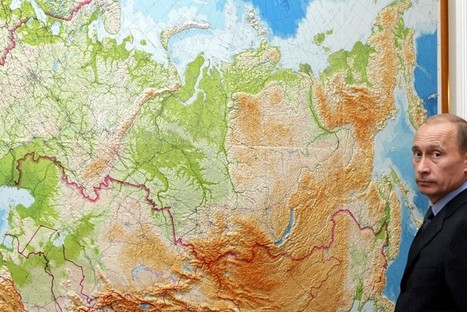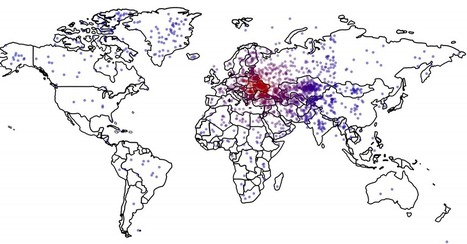Want to understand why Putin does what he does? Look at a map.
As things stand, Putin, like Russian leaders before him, likely feels he has no choice but to at least try to control the flatlands to Russia’s west. So it is with landscapes around the world—their physical features imprison political leaders, constraining their choices and room for maneuver. These rules of geography are especially clear in Russia, where power is hard to defend, and where for centuries leaders have compensated by pushing outward.



 Your new post is loading...
Your new post is loading...










good reading for political geography